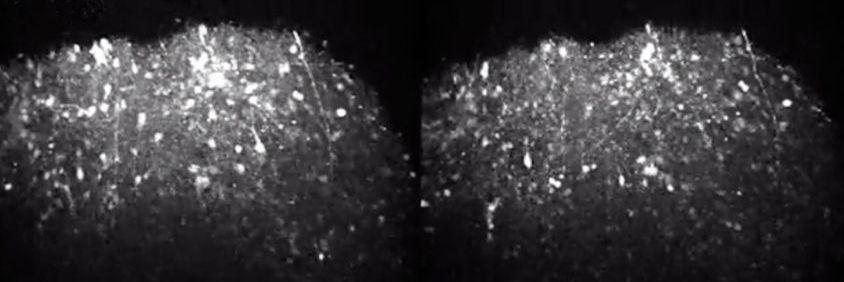The mutation that causes Angelman syndrome makes neurons hyperexcitable, according to a study in brain organoids and mice1. The findings may help explain why about 90 percent of people with the syndrome experience seizures that do not respond to treatment.
Angelman syndrome is a rare genetic condition linked to autism. It is caused when the maternal copy of a gene called UBE3A is either missing or mutated. Apart from seizures, the condition is characterized by developmental delay, problems with balance and speech, and an unusually happy disposition.
The new study found that mutations in UBE3A suppress the production of proteins that keep the activity of ‘big potassium’ ion channels in check. These channels control the flow of large amounts of potassium ions passing through neurons. When the current increases in the absence of UBE3A, the neurons become exceptionally excitable.









Comments are closed.